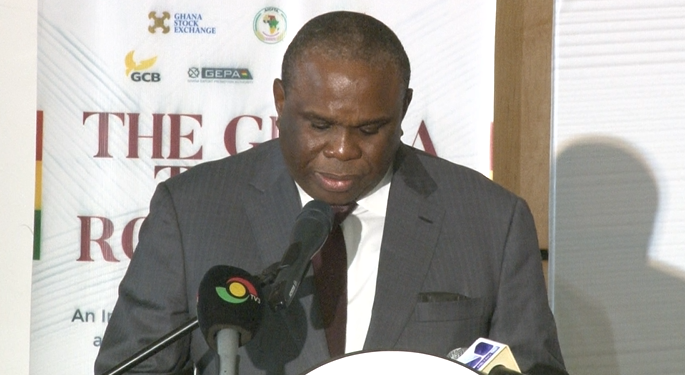As part of efforts to boost Ghana’s participation in intra-African trade, the African Export-Import Bank, also called the Afreximbank, has pledged its commitment to supporting the building of some key facilities in Ghana.
This includes the development of a major fertilizer facility to make Ghana a net exporter of fertilizer and the construction of a railway from Ghana to Burkina Faso.
President and Board Chairman of Afreximbank, Prof Benedict Oramah, was speaking at the Ghana Trade Roadshow on Friday under the theme, ‘Supporting the Africa Trade Agenda – Ensuring the lost mile’.
“Afreximbank is aware of the development priorities in Ghana and our interventions have been crafted to focus on these priorities. Today, exposure to Ghana exceeds US$1 billion, and we have over US$2.25 billion in the pipeline that is undergoing approval. Afreximbank is also providing trade finance confirmation lines for several Ghanaian banks.”
“We’re committed to supporting two important projects that the government is determined to deliver to the Ghanaian people. We’re working to support the development of a major fertilizer facility that will make Ghana a net exporter of fertilizers very shortly. We’re also at the final stages of preparatory work for a railway project that will help move goods from Ghana to Burkina Faso and vice versa. These are projects that will drive intra-African trade.”
Also speaking at the event was Ghana’s Finance Minister, Ken Ofori-Atta, Finance Minister, Ken Ofori-Atta, who challenged leaders in the continent to question the global financial architecture which leaves African countries exporting natural resources to western ones for lesser prices and later borrowing funds from them at more expensive rates.
He contends that there is no reason why Africa with all its mineral wealth should not have its own reserve currency and banks to keep its sovereign reserves.
He said “when central banks bring us the returns on our reserves, because of the state of the global market, it might be a quarter or three-quarters of one or two percent but we go out there to borrow money at about eight percent. So the fundamental question becomes why are we not keeping this money on our continent or giving it to Afreximbank or the African Development Bank so that we have the balance sheet which can be leveraged to do that? And no one can answer that question. We buy into this erroneous belief that we are not creditworthy. This is one of the challenges that we have to confront.’
The maiden three-day Ghana Trade Roadshow organized by the AfreximBank and Oakwood Green Africa was done to allow businesses in Ghana to take advantage of Afreximbank’s trade finance and intra-Africa trade facilitation capacity.
Issues discussed at the event included Afreximbank’s mandate and strategic initiatives, the programmes and facilities of the Pan African Payments and Settlements System (PAPSS), the MANSA KYC Repository (MANSA), and the implementation of the AfCFTA, strategic policies, and using Ghana as the hub for the realization of its drive for the development of value chains across various selected sectors.








